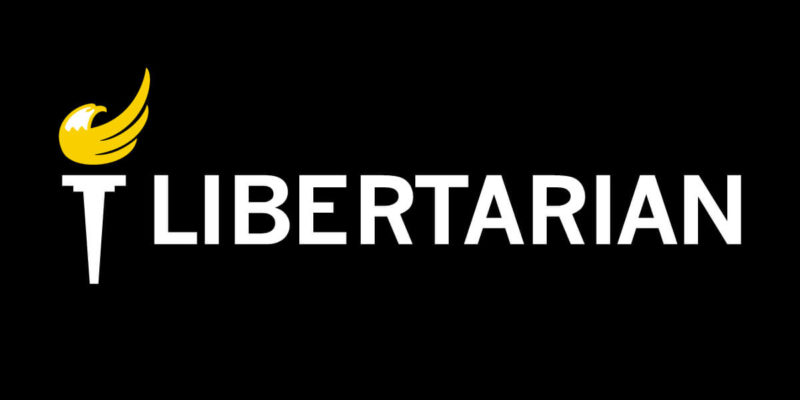This was originally posted on Porcupine Musings.
The US Supreme Court ruled unanimously this past week that human genes may not be patented. That was a good decision. However those in support of this ruling are by and large hypocrites. They vociferously decried the negative consequences of upholding such patents (limiting research, higher costs, limited choice) but then fail to acknowledge these same deleterious consequences occur for ALL patents. It’s not like these bad things don’t occur for “legitimate” patents but do occur for “illegitimate” ones. Patents are the problem, not their “legitimacy.”
So what are patents (and copyright) (aka Intellectual Property or IP)? Quite simply they are a state granted monopoly for a fixed period of time during which the presumed creator has an exclusive right to do with their creations as they see fit. The hope is that in providing, as a reward, a period of monopolous profits such entities will be incentivized to expend resources in creation and thereby benefit mankind. This unquestioningly presumes that risk should be subsidized by the state. Risk the right way and the state will support you, risk the wrong way and you’re out in the cold. But that’s ok, because IP helps the “little guy” right? Wrong. The IP holder must enforce their IP. This necessitates enormous financial resources to legally pursue IP violations. Only the “big boys” can afford this and thus it becomes clear for whom the IP system was created. The IP system is nothing more than a symptom of state and business cronyism. One of the hallmarks of cronyism is the arbitrariness of the rules and regulations supporting it and IP is nothing if not arbitrary. IP terms have changed over the years, often in concert with the needs of the large corporations whose IP is threatened by expiration.
Although its cronyist roots are reason enough to withdraw support from the IP system, we find that upon closer inspection the whole raison d’être of IP is actually quite absurd. IP rests on the idea that mere ideas can be considered property. For a proper claim (title) to be made, the material in question must be “scarce.” “Scarcity” means there is some marginal cost of production, e.g. clothing is commonly available but it is scarce because it does not simply pop into existence; obtaining it requires some non-trivial expenditure of resources. Where there is scarcity there exists the potential for rivalry or conflict over some particular good. There are two ways to prevent such conflict: 1) invent a way to make the good non-scarce or (2) establish property rights in such objects. Property rights are the civilized, non-violent alternative to killing each other in order to determine ownership/possession. But when it comes to ideas or non-scarce goods there can be no conflict because both parties can simultaneously possess the thing in question. Therefore without conflict there is no reason to have property rights. Such rights are entirely absurd – you might as well attempt to establish property rights in looking at the moon or the right to whistle. The only possible conflict is over who can legitimately say they thought or did something “first”. Fine, fight over that if you wish. But that is not a property right; just because you had the name “Greg” before me doesn’t preclude me from also using that name.
The idea of scrapping the entire IP system will raise the ire of those who have fallen sway to the false choice paradigm we are propagandized with our whole lives, namely that without such “protections” people will simply stop being creative and all new literature, music and inventions would dry up. Seriously. Now doesn’t that sound pretty stupid when you say it out loud. Do you really think there are NO other possible ways creators might get remunerated for their work? Do you truly believe that patents and copyright are the ONLY possible way this could work? These types of objections are about as imaginative as the “but who will pick the cotton?” rejoinders thrown at those that desired to end slavery. In other words, one’s lack of imagination does not invalidate my argument. End the shackles of IP and let loose the entirety of human creativity. (For a more in depth discussion please see the godfather of anti-IP, Stephen Kinsella’s “Against Intellectual Property” which can be downloaded, for free).

